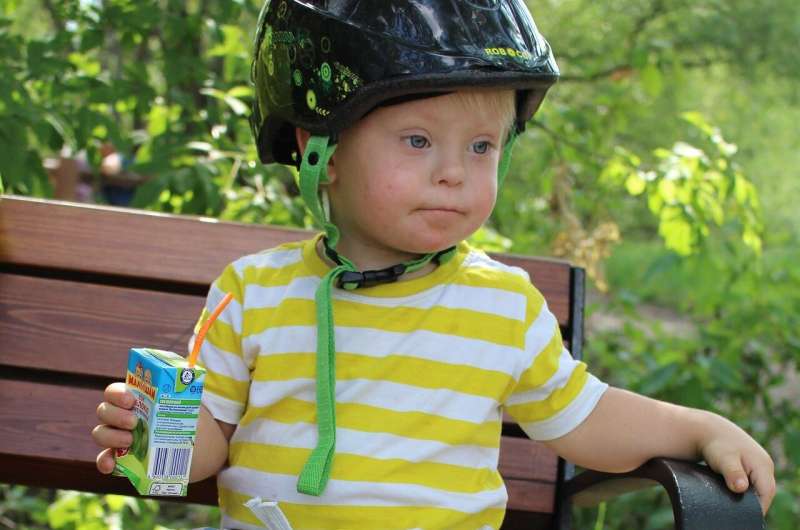Ask the Pediatrician: How do parents keep children with special health care needs safe during the pandemic?

Q: My son has a chronic medical condition and I worry about him now that mask mandates are being lifted. How can I keep him safe?
A: Children and youth with special health care needs have chronic physical, developmental, behavioral or emotional conditions, disabilities and medically complex conditions. These can put them at risk for more severe illness and complications from COVID-19.
The level of community transmission is still the biggest driver of risk for kids with special health care needs. When there are higher levels of community transmission, more levels of protection should be kept in place. These layers of protection include:
—COVID-19 vaccines (and boosters): All eligible children and adults, especially those who have contact with kids with special health care needs, should get them. This includes family members, household contacts, health care workers and education workers. Some kids age 5 years and older who got two COVID-19 vaccine doses and have weakened immune systems should get a third dose of the vaccine. Some kids age 12-17 years with weakened immune systems should get a booster dose after the third dose.
—All recommended immunizations: Children and youth with special health care needs also need to stay up to date on all recommended vaccines. The flu shot for everyone ages 6 months and older is particularly important during the pandemic to protect kids who are at an increased risk for influenza complications.
—Masks and other personal protective equipment: Certain children with special health care needs who have conditions that put them at higher risk for severe illness with SARS-CoV-2 infection, as well as their families and caregivers, may need the type of personal protective equipment used by health care workers, such as N95 respirators and eye protection. Talk with your pediatrician about whether special protective gear may be needed. There are very few medical conditions that would prevent children ages 2 years and older from wearing face masks that completely cover the nose and mouth. The best protection is given by well-fitting N95/K95/KF94 masks, followed by well-fitting surgical/procedure masks. Cloth face masks are less effective against the omicron variant. Getting good coverage from a face mask may take extra attention for a child or teen who has a craniofacial condition.
—Safer spaces: Avoid the 3 Cs: closed spaces, crowded places (inside and out) and close contact. These can spread respiratory droplets and viruses.
—Screening: COVID-19 tests can be a useful tool for care providers who are in close contact with your child and can offer another layer of protection. People who may need to test more often include home care providers, child care providers, teachers and therapists.
Partner with your pediatrician to help navigate discussions with care providers about COVID-19 vaccination status and use of face masks.
—Hands and surfaces: Hand washing and cleaning surfaces, especially in shared spaces and with shared objects, also help protect your child. If your child is attending school, therapies or other activities in person, have conversations to make sure surface cleaning and hand washing are part of the process and what supplies will be available. These layers of protection can be written into your child's individualized education program (IEP) or 504 plan if needed, with support from your child's pediatrician.
As school districts, sports teams and community activities change their policies about masks and physical distancing, it can be challenging to ensure your child is able to continue with, and is supported in using, the layers of protection necessary to protect their health. Work with your pediatrician and school to create plans that enable your child to continue to wear masks, for example, in their classroom in a way that ensures their safety and does not single them out.
Consider including strategies to ensure your child is safe and supported in layering protections such as these in their 504 or IEP plan.
Ask your pediatrician to help develop a plan in case your child or a household member is exposed, infected or hospitalized with COVID-19. The plan should include information on accessing antiviral treatment or monoclonal antibodies if available and eligible. Families should share this information with their child's school.
If your child has regular and multiple provider visits, talk to your pediatrician and specialists to plan out a schedule to regularly check in and review needs. Ask which visits can be done virtually and which need to be in person, as well as what is covered by insurance.
©2022 Tribune Content Agency, LLC.




















